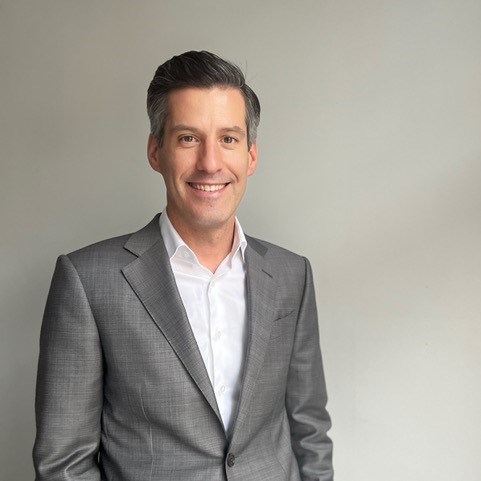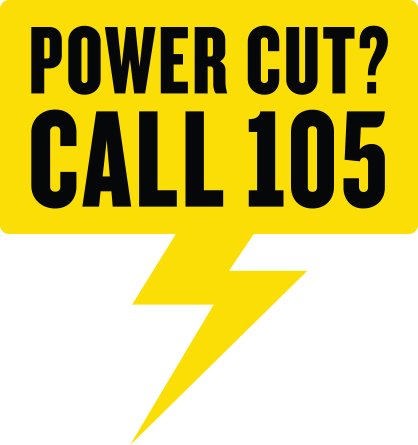Could you outline how the traditional electricity model is changing for DNOs?
As the UK embraces a Net Zero carbon future, the way energy is generated, stored, consumed and traded is changing rapidly. DNOs play a key role in this move towards clean economic growth across the UK.
Fundamentally, Electricity North West is about getting power where it’s needed. If National Grid is the motorway network of the electricity system, then we are the A roads, B roads and driveways in the North West. And we do it well. We’re the most reliable network operator in the country.
The traditional electricity distribution model is built around the one-way flow of electricity to the consumer.
This model is already starting to be turned on its head, as local green energy producers emerge with the ability to power homes and businesses with renewable energy and supply it back to the grid.
Managing an electricity grid powered by multiple, local energy sources, is a complex and demanding task, requiring new technical and commercial solutions. Luckily, we’re the most innovative network in Great Britain and have some of the most advanced technology in the world, developed right here in the North West.
How is Electricity North West preparing for the substantial changes that lie ahead for DNOs?
Demand for electricity will increase significantly as customers move away from fossil fuels and change to cleaner, greener sources of energy to power their vehicles and heat their businesses. The demand of us is to ensure we optimise the distribution network at maximum pace and minimum cost. We’re also the lowest cost operator in the country and our innovations keep it that way, reducing costs for local residents and businesses.
Our role is to keep power flowing and deliver it to where it is needed, taking care to invest at the right time and in the right places to ensure that there is enough capacity and flexibility on the network to manage the rapid increase in:
- electric vehicles
- low carbon technologies
- renewable energy
Leveraging stakeholder input and utilising innovative technology solutions, we are investing £2bn in infrastructure between now and 2028. We are making this investment to ensure that the network is ready for the 1.4m electric vehicles we forecast will be on the region’s roads by 2030, compared to around 25,000 today.
How are you accommodating the changing behaviours and demands of businesses, from SMEs to large manufacturers?
Our expert forecasters work with local authorities and stakeholders, including business groups, to understand where demand is growing so we can meet it. With the uptake of low carbon technologies such as electric vehicles and the increase in customers generating their own energy, the flow of power between the network and customers will become increasingly multidirectional and the size and complexity of the connection required will increase.
This requires more customised solutions and a smarter and more flexible distribution network. This involves DNOs taking on the role of what is referred to in the industry as distribution system operation (DSO) taking a broader system approach to managing the flow of power rather than just a network approach.
DSO involves the development and operation of a more proactive and fluid distribution system, comprising:
- demand and generation
- flexible energy resources
- non-traditional network solutions and investments
Why will electricity distributors need to play a more sophisticated role?
Comparing the old Distribution System Operator model with the new one shows how the role of the electricity distributor will become increasingly important and complex. The old Distribution System Operator model is characterised by:
- low numbers of connections
- being relatively easy to connect more demand
- having limited customer engagement
- being network-sized to cope with peak winter demand
- having very little renewable generation
In contrast, with the new Distribution System Operator model, we see:
- energy flowing in multiple directions
- a huge increase in number of renewable connections
- an increasingly complex system to manage supply and demand
- a need to build relationships, and facilitate competition and innovation
- a much higher use of electricity for electric vehicles and heat
Can you give an example of how SMEs can benefit from non-traditional network solutions and investments? How is Electricity North West ‘doing things differently’?
One of the ways that businesses can benefit from the network operators ‘doing things differently’ is by taking part in flexible energy tenders.
Businesses can receive payments for providing flexible services to the network by, for example:
- adjusting how much electricity is consumed or generated
- providing flexible capacity either as an individual business or via an aggregator
- building a new flexible asset (e.g. battery) within an area where there is a requirement
Find details of locations for Electricity North West’s tender, currently open for businesses in the North West.
What do you see as the key to success for DSOs?
A key element of DSO’s success lies in gaining a deeper understanding of our customers future needs and our network’s capabilities and limitations, and sharing this information in informative ways with customers and stakeholders. This includes accurately forecasting our network’s current and future capacity.
The generation of demand forecasts, through what is referred to as the Distributed Future Energy Scenarios process, is central to this success.
DNOs share data, for example illustrating potential opportunities for offering flexibility or energy-efficient services. Moreover, sharing data builds awareness among developers and customers regarding the availability of network capacity for the connection of low carbon technologies.
How is Electricity North West’s relationship with customers changing as the electricity distribution model evolves?
For many customers this may be the first time they are able to take an active part in their energy future through new devices such as:
- smart meters
- smart vehicle chargers
- online services which control home appliances and heating
These changes will have profound implications for electricity network operators. We are taking a more proactive role in network management and developing new types of relationships with our customers.
Effective customer engagement requires strategic efforts, such as:
- deploying user-friendly interfaces
- offering personalised energy usage insights
- implementing responsive customer support
We offer advice to suppliers to help businesses become more energy efficient and make better use of the electricity we provide through our network now, and in the future, so that it is not wasted.
“We are committed to ensuring that our network does not hinder the transition to Net Zero by ensuring sufficient network capacity for North West businesses to plan and take action. We constantly ask ourselves ‘are we doing enough? What else can we do differently to make things easier and simpler for our customers to get to Net Zero?’. Our aim is to be technology enabled and customer-led as we make the changes needed to our business, to remain efficient, drive innovation and increase transparency. We will continue to put all our efforts into achieving these goals as we move towards and beyond our 2038 Net Zero target.”
Ben Grunfeld, Strategy and Growth Director for Electricity North West


